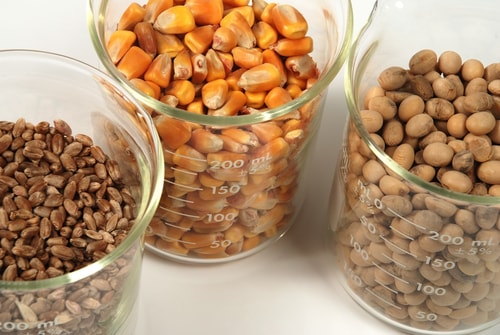Event held June 14th – 17th, 2015
By Diego Flammini, Farms.com
It’s estimated that by 2050, the world’s population will exceed 9 billion people.
As a result, farmers and food producers will be under more pressure than ever to supply enough grains, cereals, soybeans and other foods for the planet.

The International Food and Agribusiness Management Association (IFAMA) understands this and is bringing together industry experts, new graduates and the public at their 25th annual World Conference being held from June 14th – 17th, 2015 at the St. Paul River Center in St. Paul, Minnesota.
The conference will launch IFAMA’s Become the Solution: Food Security 2050 strategy and explore three of the main obstacles in the way of the food and agribusiness industry – people, climate and big data.
Some of the speakers scheduled to provide their insight and knowledge about those subjects include:
- Eric Jackson, Business Development, Conservis – Mr. Jackson will participate in a roundtable discussing how to leverage big data in agricultural production.
- Robin Callaghan – Assistant to the CEO, Global G.A.P. – Ms. Callaghan will draw on her experiences during a roundtable discussing how to design sustainable solutions in global food systems.
- Allan Gray, Purdue University – Mr. Gray will use his experiences as a professor of agricultural economics and his many other endeavours to lead a roundtable discussing professional development for food companies in the 21st century.
All interested in attending must register for the conference.
Tell us if the IFAMA conference is something you’d consider attending. What information would you like to see come out of the three day event?